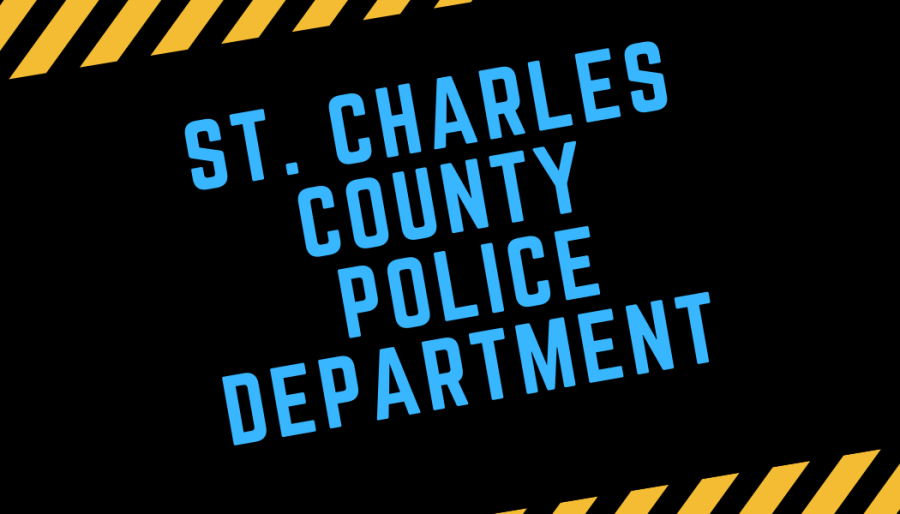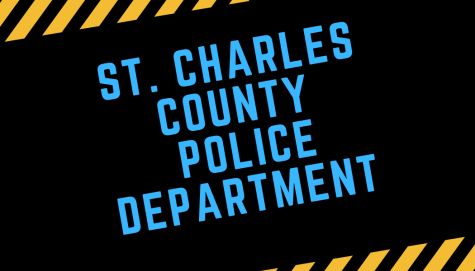College How-to: Applying
Fall of senior year is all about one thing: applying to college. By now, you’ve narrowed down a list of school, and you’re ready for the next step.
- Take advantage of the Common Application. The Common App makes the applying process as painless as possible. There are three main parts: the basic Common App (in which you fill out all of your basic information, extracurriculars, and accomplishments), the Common App essay, and the school-specific questions. The beautiful thing about the Common Application is that you only have to do it once, no matter how many schools you apply to. Trust me, even if you apply to 16 schools like yours truly, this makes a big difference in time and stress level. When it comes to the school specific questions, make sure you know exactly what each school is looking. Also, keep in mind, colleges may require additional essays or writing supplements.
- Go over your application with your parents. Especially, with the Common Application, you’re often asked to provide information about your parents’ education and job history. While you may know your mother graduated from UMSL, you will most likely need to know her exact degree. Additionally, many parents attended college themselves. They’ve gone through the tedious process of applying. Seek their wise counsel.
- Write and rewrite those essays. College admission essays are essentially an interview in writing. They allow schools to learn more about you as a student, and, more importantly how you will contribute to their campus. I recommend asking a teacher you trust to look over them for you. English teachers especially have most likely gone over many college essays over the years. They know what colleges are looking for. However, it’s important to keep in mind that this is your essay. If, at the end of a grueling round of edits, your writing no longer reflects your personality, you have a problem. Teacher advice is valuable, but colleges want to read your writing (and if you’re suddenly writing in extreme adjectives, they’ll know it’s not you).
- Choose the correct teacher for your recommendations. Most college applications require a teacher or counselor recommendation. Again, these schools are looking at how you’ll fit into their environments, so you’ll want to choose teachers that actually know you. Otherwise, your prospective college will read a form letter that is only specific to you in name. If you’re unsure, ask anyway; teachers will know if they have enough to say about you. If not, they’ll let you know. Afterwards, give these teachers a thank you card. They’re helping you get into college; be thankful.
- Send your transcript and ACT scores. All, and I mean all, colleges require an official high school transcript and test score report. ACT scores will be sent to your schools via the ACT website from a meager price of 12 dollars. Transcripts are even easier. All you have to do I visit your counselor, fill out a transcript request form, and specify the schools in which to send it. It’s also important to note that it will probably take two weeks for these colleges to receive your transcript and scores.
- Keep track of your deadlines. You don’t even have a chance to get into your dream school if you don’t apply in time. This is a no-brainer.
Applying to college is a marathon, not a race. Take your time, and be proud of how you present yourself.



































